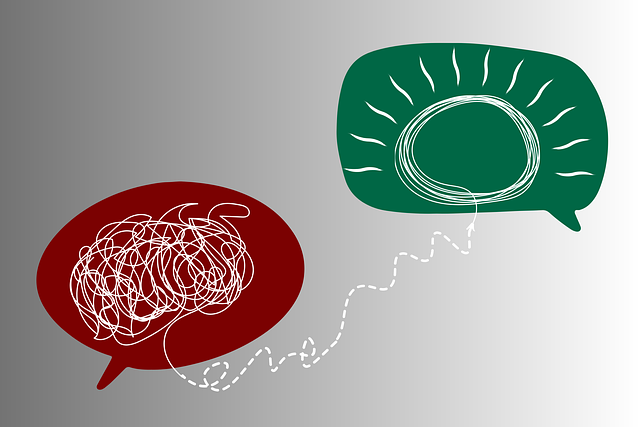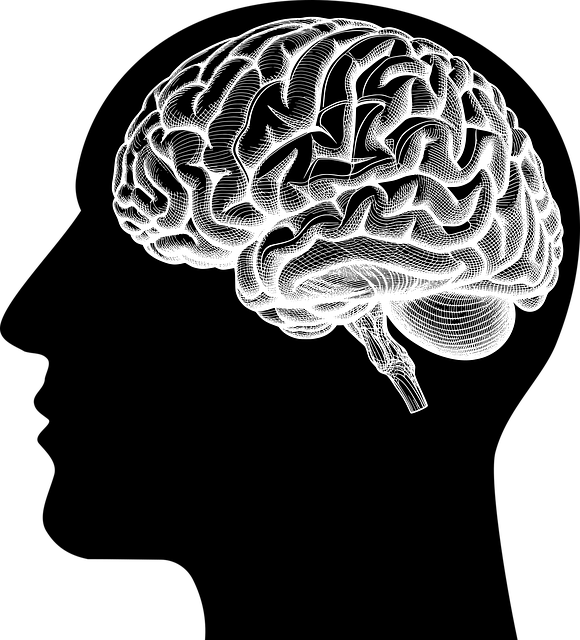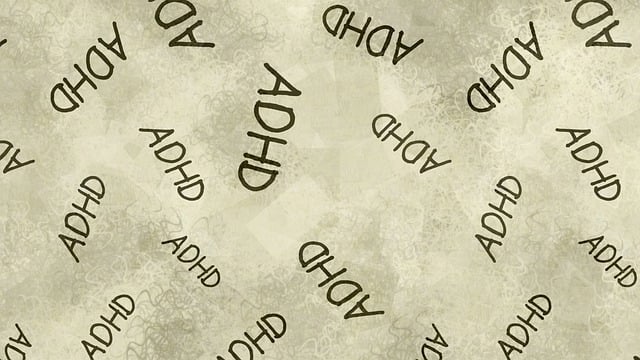The mental wellness app market is rapidly growing, driven by technology and demand for accessible therapeutic solutions. Customized apps addressing diverse individual needs, such as those offered by Littleton International Adoptions Therapy, are effective. Key features include intuitive navigation, mood tracking, mindfulness exercises, and evidence-based interventions like Compassion Cultivation Practices (CCP) and Conflict Resolution Techniques (CRT). Developers must prioritize user privacy, data security, and incorporate therapeutic techniques backed by research to maintain user trust and ensure app effectiveness.
In today’s digital age, mental wellness app development is revolutionizing access to support. This article explores how apps can cater to diverse mental health needs, emphasizing the importance of customized solutions from experts like Littleton International Adoptions Therapy. We delve into design considerations for enhanced user engagement and accessibility, key features proven effective in mental wellness apps, and ethical guidelines ensuring privacy and safety. By leveraging technology, these apps have the potential to transform lives globally.
- Understanding Mental Health Needs and Customized App Solutions
- Design Considerations for User Engagement and Accessibility
- Key Features of Effective Mental Wellness Apps: A Littleton International Adoptions Therapy Perspective
- Technological Integration: Tools and Platforms for App Development
- Ethical and Privacy Guidelines for Mental Health Apps
Understanding Mental Health Needs and Customized App Solutions

The landscape of mental wellness support has evolved significantly, and technology plays a pivotal role in this transformation. Understanding the diverse needs of individuals seeking mental health services is essential for developing effective solutions. This includes recognizing that one-size-fits-all approaches rarely work; tailored interventions are more successful. For instance, apps focused on emotional well-being promotion techniques can be incredibly beneficial, offering users tools to manage stress and anxiety. These apps often incorporate features like mindfulness exercises, meditation guides, and mood tracking to empower individuals in their mental health journey.
Littleton International Adoptions Therapy, a pioneering organization in the field, exemplifies this need for customization. Their therapeutic services are designed to cater to specific populations, such as adoptees and foster care alumni, addressing unique emotional challenges. By adopting similar tailored app solutions, developers can create resources that resonate with diverse user groups. Incorporating features like Social Skills Training or even implementing a Community Outreach Program Implementation within an app can foster connections, enhance support networks, and contribute to improved mental health outcomes.
Design Considerations for User Engagement and Accessibility

Designing a mental wellness app requires thoughtful consideration to ensure maximum user engagement and accessibility, reflecting principles from both the Mental Health Policy Analysis and Advocacy and therapeutic practices like Littleton International Adoptions Therapy. Incorporating intuitive navigation, clear visual cues, and consistent branding can make the app more inviting and easier to use for individuals managing their emotional well-being.
Features that promote self-care, such as customizable mood tracking, mindfulness exercises, and resources for stress management, are essential components. Additionally, leveraging Emotional Intelligence concepts in content and interactions allows the app to cater to diverse users by providing tailored support. A well-designed interface should accommodate accessibility needs, including options for adjustable text sizes, alternative color schemes, and voice commands, ensuring that the app is inclusive and beneficial to a wide range of individuals seeking mental wellness solutions.
Key Features of Effective Mental Wellness Apps: A Littleton International Adoptions Therapy Perspective

Mental wellness apps have gained significant traction, offering individuals accessible and personalized support for their emotional well-being. From tracking moods to providing mindfulness exercises, these applications cater to diverse needs. According to Littleton International Adoptions Therapy, an industry leader in mental health solutions, effective mental wellness apps should incorporate several key features.
Firstly, they must offer evidence-based interventions tailored to various mental health conditions. This includes Crisis Intervention Guidance for acute situations and ongoing support for managing symptoms, such as Mood Management techniques. Secondly, cultural competency is vital; the app should be adaptable to diverse user backgrounds, ensuring inclusivity and sensitivity. Incorporating features that allow users to set their preferences and receive personalized content, tailored by healthcare providers like Littleton International Adoptions Therapy, enhances engagement and effectiveness.
Technological Integration: Tools and Platforms for App Development

The world of mental wellness apps is rapidly evolving, driven by advancements in technology and a growing need for accessible therapeutic solutions. Developers have a wide array of tools and platforms to choose from when creating apps aimed at improving users’ mental health. For instance, integrating evidence-based practices like Compassion Cultivation Practices (CCP) can enhance apps’ effectiveness. Littleton International Adoptions Therapy, a recognized approach, offers rich content that developers can leverage to create engaging and therapeutic experiences.
Effective app development also leverages platforms offering robust functionalities for building user-friendly interfaces. These include communication strategies integrated into the design, such as secure messaging features, enabling real-time support. Additionally, Conflict Resolution Techniques (CRT) can be incorporated to foster healthy interaction between users and AI-driven avatars or peer support groups within the app ecosystem.
Ethical and Privacy Guidelines for Mental Health Apps

The development of mental wellness apps has surged in recent years, reflecting a growing demand for accessible and personalized support for emotional well-being. However, this rapid expansion also raises significant ethical considerations, particularly when dealing with sensitive user data. Apps designed for therapy or stress management, such as those inspired by the Littleton International Adoptions Therapy approach, must adhere to stringent privacy guidelines to protect users’ confidentiality. This includes implementing robust security measures to safeguard personal information and ensuring transparency about data collection practices.
Privacy is not the sole concern; ethical app development also demands a commitment to evidence-based practices. Incorporating techniques like compassion cultivation practices can be beneficial for mental health, but developers must ensure these features are grounded in scientific research. By prioritizing both privacy and efficacy, mental wellness apps can become powerful tools for promoting emotional well-being without compromising user trust or the integrity of therapeutic methods.
The development of mental wellness apps, guided by perspectives like those offered by Littleton International Adoptions Therapy, presents a promising avenue in addressing global mental health needs. By leveraging technology and prioritizing user engagement through accessible design, these applications have the potential to revolutionize therapeutic support. Ethical considerations and robust privacy guidelines ensure that users can access tailored solutions with peace of mind. With continuous innovation and research, mental wellness apps will play a pivotal role in enhancing global psychological well-being.














